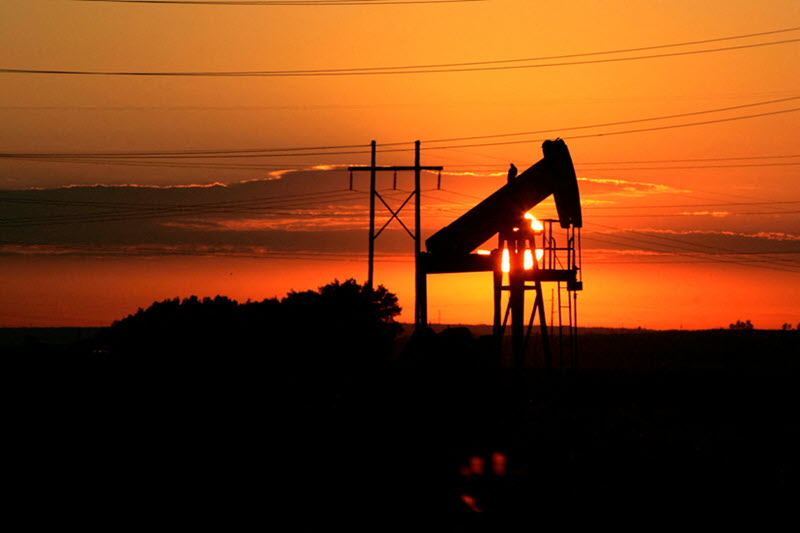Street Calls of the Week
Investing.com -- Morgan Stanley has reiterated a cautious stance on the European energy sector, warning that risks around oil and gas prices leave little room for optimism.
The bank expects Brent crude to fall toward $60 a barrel in 2026, a level that would put pressure on balance sheets and force cutbacks in share buybacks across the industry.
Despite upstream portfolios remaining “in rude health” with modest production growth into 2030, Morgan Stanley noted that growth has slowed compared with last year due to asset disposals and lower oil price assumptions.
The analysts also warned that “all buyback programs are at risk” given insufficient cash flow generation relative to capital spending and distributions.
Although natural gas growth remains firm, oil production for most majors is set to stagnate, limiting upside potential, they said.
In this environment, the bank singled out Shell (LON:SHEL) and TotalEnergies (EPA:TTEF) as the most resilient stocks. Shell remains its Top Pick, supported by the sector’s strongest balance sheet and the highest adjusted free cash flow yield of about 7.2% in 2026.
Analysts said much of Shell’s improvement stems from “self-help measures” such as cost cuts and portfolio simplification, which reduce exposure to commodity swings.
The company is expected to sustain a dividend of $8.2 billion a year and maintain share buybacks of around $3 billion per quarter, later and smaller cuts than peers.
TotalEnergies also retains an Overweight rating, with Morgan Stanley pointing to its “one of the deepest project pipelines in oil & gas” and the strongest oil portfolio among European majors.
The group is expected to continue growing oil production at 2.5% annually into the 2030s and scale its Integrated Power business, which is guided to become free cash flow positive from 2028, shifting from a drag on dividends to a new source of capacity.
While buybacks are likely to be trimmed, the analysts argue that TotalEnergies’ diversified mix of hydrocarbons and renewables will keep it resilient.
Meanwhile, BP (LON:BP) was lifted from Underweight to Equal-weight, helped by progress on asset disposals, while Equinor (OL:EQNR) was downgraded to Underweight due to its high sensitivity to commodity prices and limited scope for shareholder distributions beyond dividends.
Italy’s Eni (BIT:ENI), rated Equal Weight, "has the strongest upstream growth outlook, albeit back-end loaded in the decade," the analysts said.
With valuations at the high end of historical ranges and consensus earnings estimates still trending lower and “probably have further to fall,” the sector’s risk/reward remains “uncompelling” overall, the team concluded.
